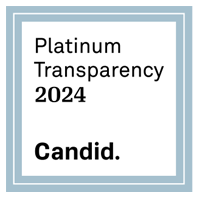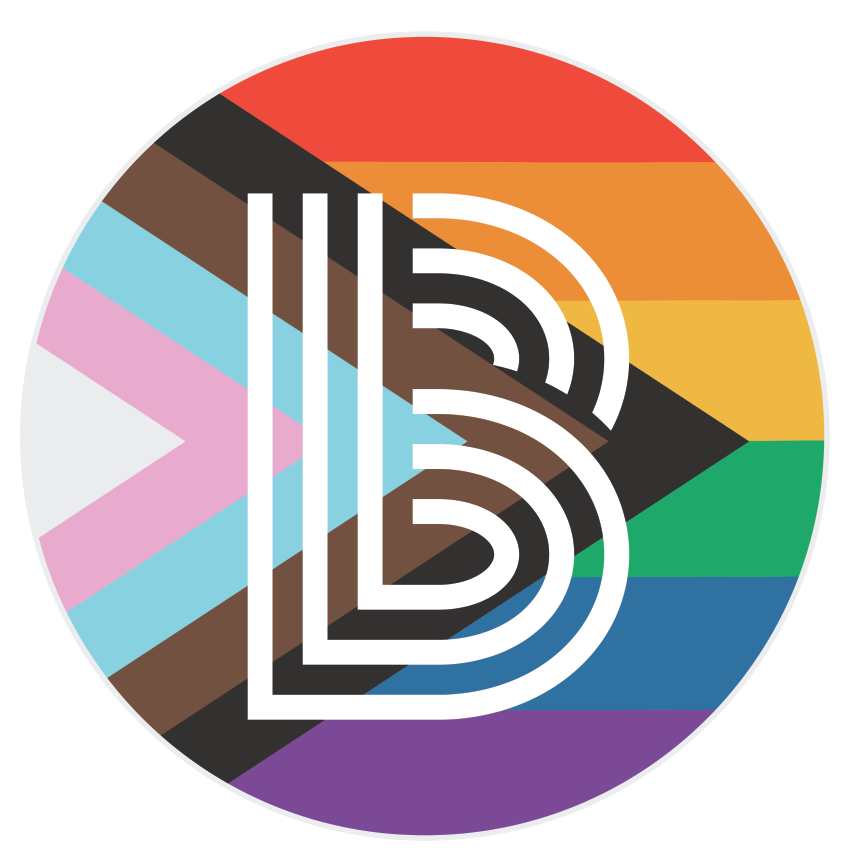2023 BBBS Broward Mentorship Statistics
There’s no doubt that when young people have positive role models in their lives, they tend to thrive better. Each year, Big Brothers Big Sisters collects data about the Bigs, Littles and communities we serve nationally and locally. We share statistics on mentorship, not only because as a 501(c)3 we’re required to, but also because we need your support.
We hope that by sharing the impact BBBS has in Broward County, you’ll consider supporting local youth by donating to BBBS of Broward County or volunteering to be a mentor — or both!
Broward’s Bigs By the Numbers: Mentor Statistics
BBBS of Broward County had 843 adult volunteers for Big Brothers Big Sisters of Broward County in 2023, up from 838 in 2022. From Jan. 1, 2023, to Dec. 31, 2023, BBBS of Broward facilitated 957 matches, and the average match lasts 26.5 months.
Our volunteers have a wide range of educational backgrounds: 26% have bachelor’s degrees, 13% have master’s degrees, 9% have some college, 4.6% have associate degrees, and about 3% have some high school education.
The largest age range of volunteers among BBBS of Broward is the 30-something group:
- 10.5% are 18 to 22
- 10% are 23 to 29
- 24% are 30 to 39
- 13% are 40 to 49
- Roughly 12% are 50 to 59
- 6% are over age 60
(Another 24% did not answer or left their birthdate information blank.)
In 2022, BBBS of Broward had 1.9 women volunteers for every man who volunteers as a mentor. Bigs’ genders were about 65% women and 34% men. That remains the same for 2023.
Nationally, 32% of Bigs identify as BIPOC (black, indigenous, people of color), but in Broward County, more than half of Bigs (about 54%) identify as BIPOC:
- White/Caucasian 36%
- Black/African-American 26%
- Hispanic 20%
- Multi-race 7%
- Unknown and other 18%
Broward’s Littles By the Numbers: Mentee Statistics
Littles can come into the BBBS program at age 5, and they typically age out when they turn 18 or graduate from high school. Here’s Broward’s breakdown of age groups in 2023:
- 5 to 8: 13.53%
- 9 to 10: 19.31%
- 11 to 12: 17.23%
- 13 to 14: 13.64%
- 15 to 16: 10.64%
- 17 to 18: 15.26%
- Over 19: 10.29%
The gender breakdown of Littles in the BBBS program in Broward County: The majority of BBBS Littles are female (56%), while 42.76% are male, which is fairly consistent with national averages (54% female and 45% male), and unchanged from 2022.
Racially, nearly 53% of Littles empowered by BBBS of Broward identify as Black or African-American, 13% are Hispanic, 8% are White/Caucasian, and the remaining 18% are identified as unknown, multiracial or other. Click here to read more about African-American mentoring.
Many of the Littles in the BBBS program in Broward County are living in single-parent homes or being raised by non-parent guardians: 48.42% of Littles in 2023 lived in single-parent homes, with 46% primarily with single moms and about 2% with single dads. Another 6% were cared for by grandparents. A little over one-fourth (26%) of the Littles in our program live in two-parent households.
Impact on Youth Mentoring Statistics
There’s no doubt that youth mentoring benefits children, but the proof is in the data. In 2021, an independent research team released the results of an 18-month study of BBBS youth, which involved 1,358 kids ages 10 and older and 17 Big Brother Big Sister agencies throughout the U.S., including Broward County. There were two groups of children: a “treatment” group in which children were matched with adult mentors and a control group of children who had not been matched.
There were two significant findings. First, youth arrests were significantly lower for Littles who’d been matched (4.9%) than for nonmatched youth (10.7%). Second, there were lower reports of substance abuse among Littles (10.1%) versus the unmatched “control” group (17.2%) during the 18 months of observation, from 2018 to 2020.
Here are some other takeaways from this study:
Positivity
Littles who’d been matched showed less aggressive behaviors than youth who’d not been matched with mentors in BBBS. Mentored youth also tended to score higher in self-control.
Self Confidence
When comparing Littles to their peers without adult mentors, the matched youth scored higher in social skills and experienced less discipline from their teachers and parents. They also tended to score higher in self-advocacy.
Education
Littles who are matched with Bigs tend to do better in school and show a higher interest in education and finishing high school. Littles who’d been matched with mentors skipped 52% fewer school days than their peers in the unmatched group. Families with children in the BBBS program tended to become more engaged with their children’s schools.
Juvenile Justice
Nationwide, about 15% of Littles have at least one incarcerated parent, about 33% live in areas where violent crimes have occurred, and more than half report financial difficulties. Students who participate in BBBS programs tend to be 54% less likely to be arrested and 41% less likely to abuse drugs or alcohol.
BBBS of Broward Match Data
One of the ways we measure success and growth at Big Brothers Big Sisters is by measuring new matches, closed matches, open matches and length of matches. Ideally, matches are together for many years, until the Little ages out (typically 18 or high school graduation). However, sometimes circumstances change for both Bigs and Littles — families move, change schools, change jobs or experience other life changes that prohibit them from continuing.
For BBBS of Broward in 2023:
- Open matches at the start of 2023: 639
- New matches during the year: 318
- Total matches in 2023: 957
- Closed matches in 2023: 315
- Open matches at end of 2023: 642
- Net new matches: 3
Our data from 2022:
- Open matches at the start of 2022: 544
- New matches in 2022: 354
- Total matches in 2023: 898
- Closed matches in 2022: 259
- Open matches at end of 2022: 639
- Net new matches: 95
Sources
Youth in the Big Brothers Big Sisters of Broward Program*






*Based on our Annual Report 2022




